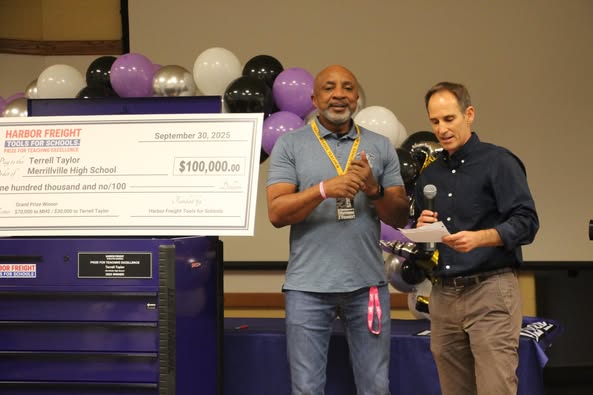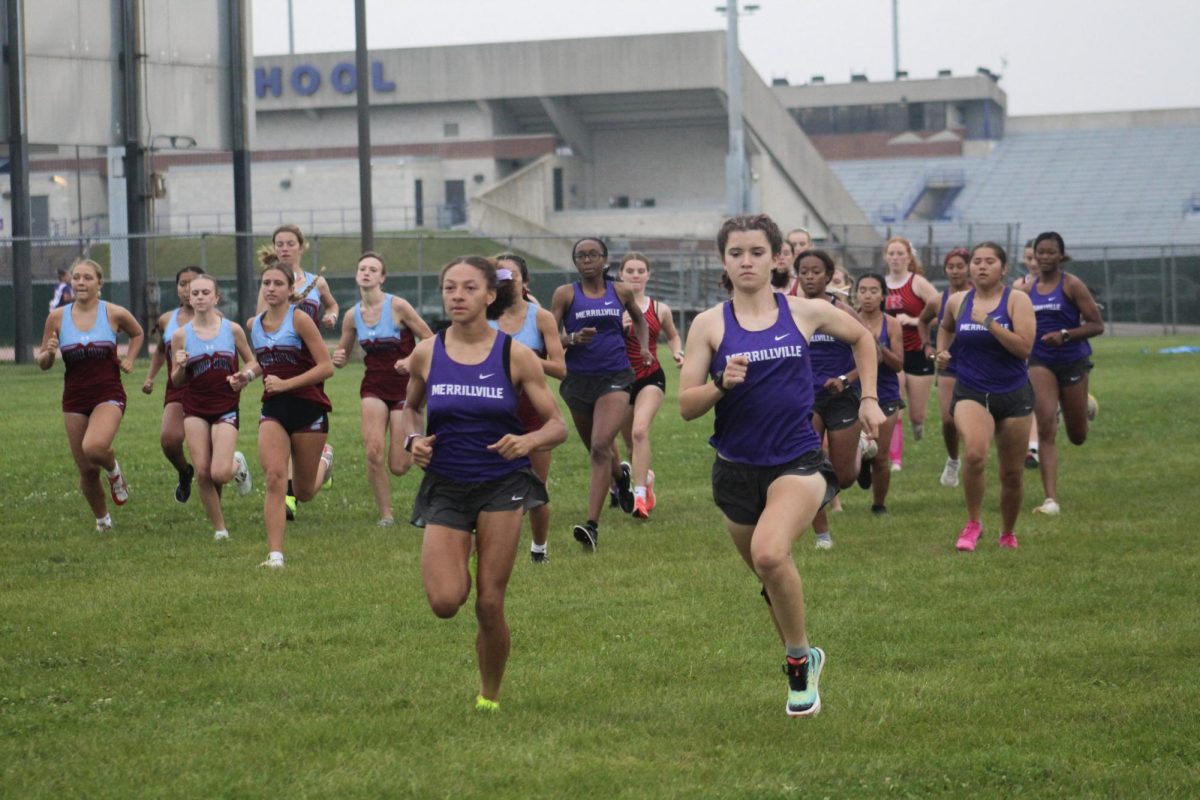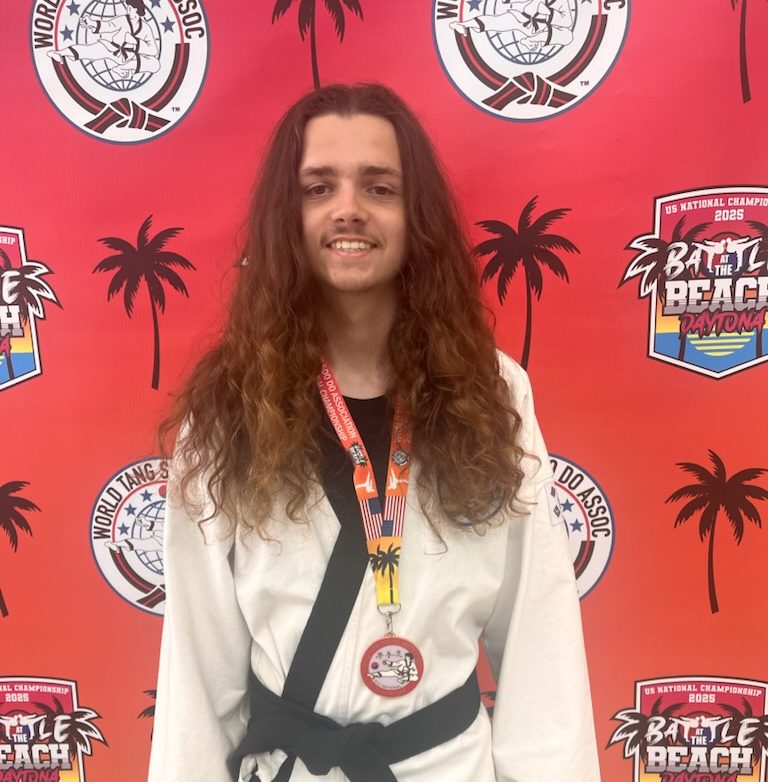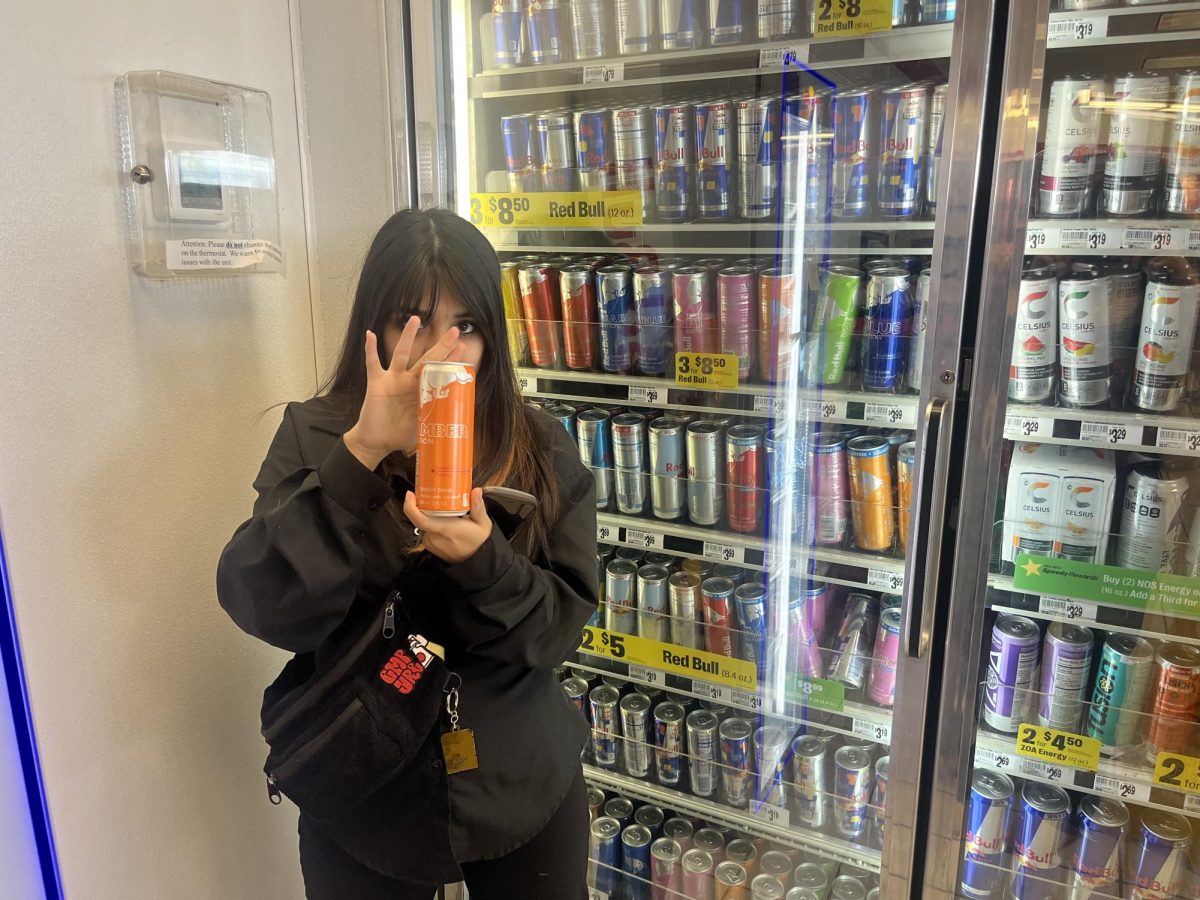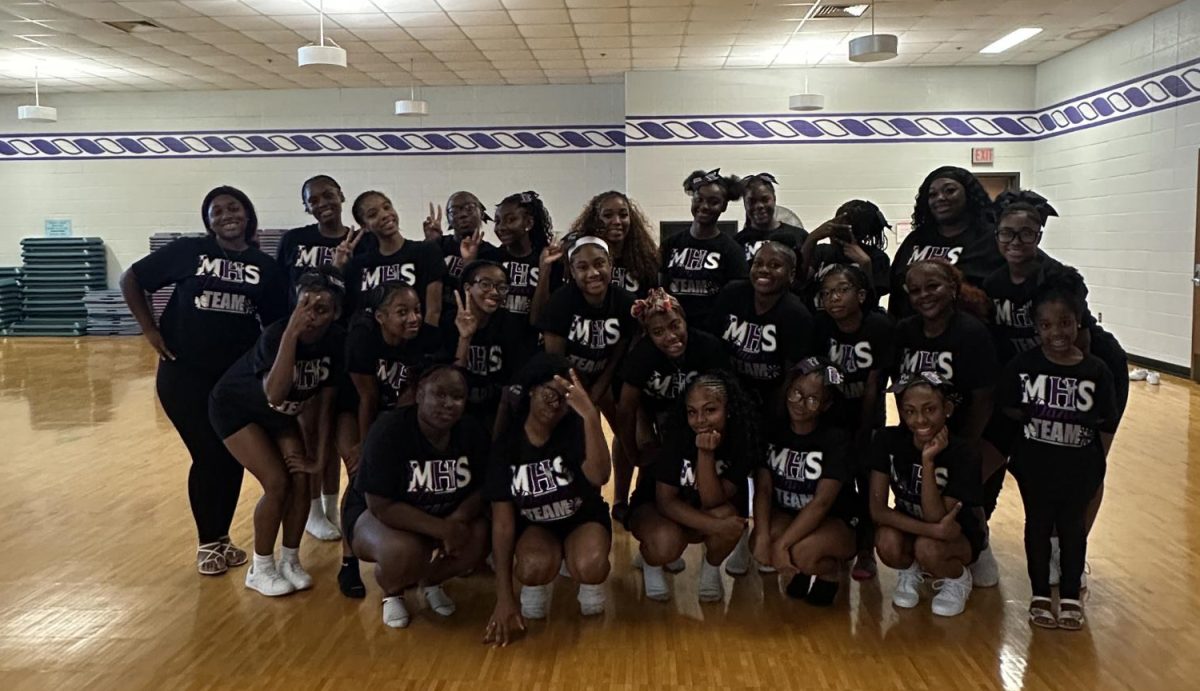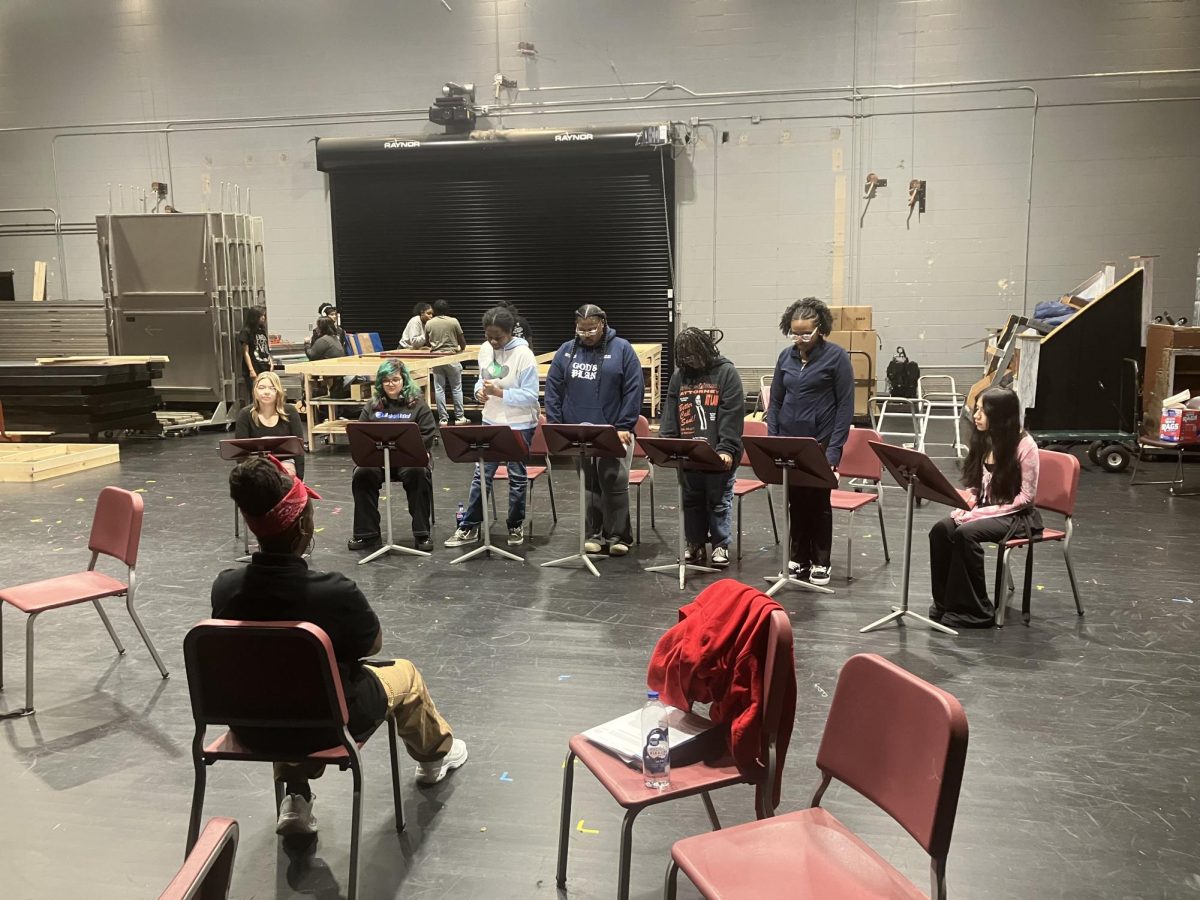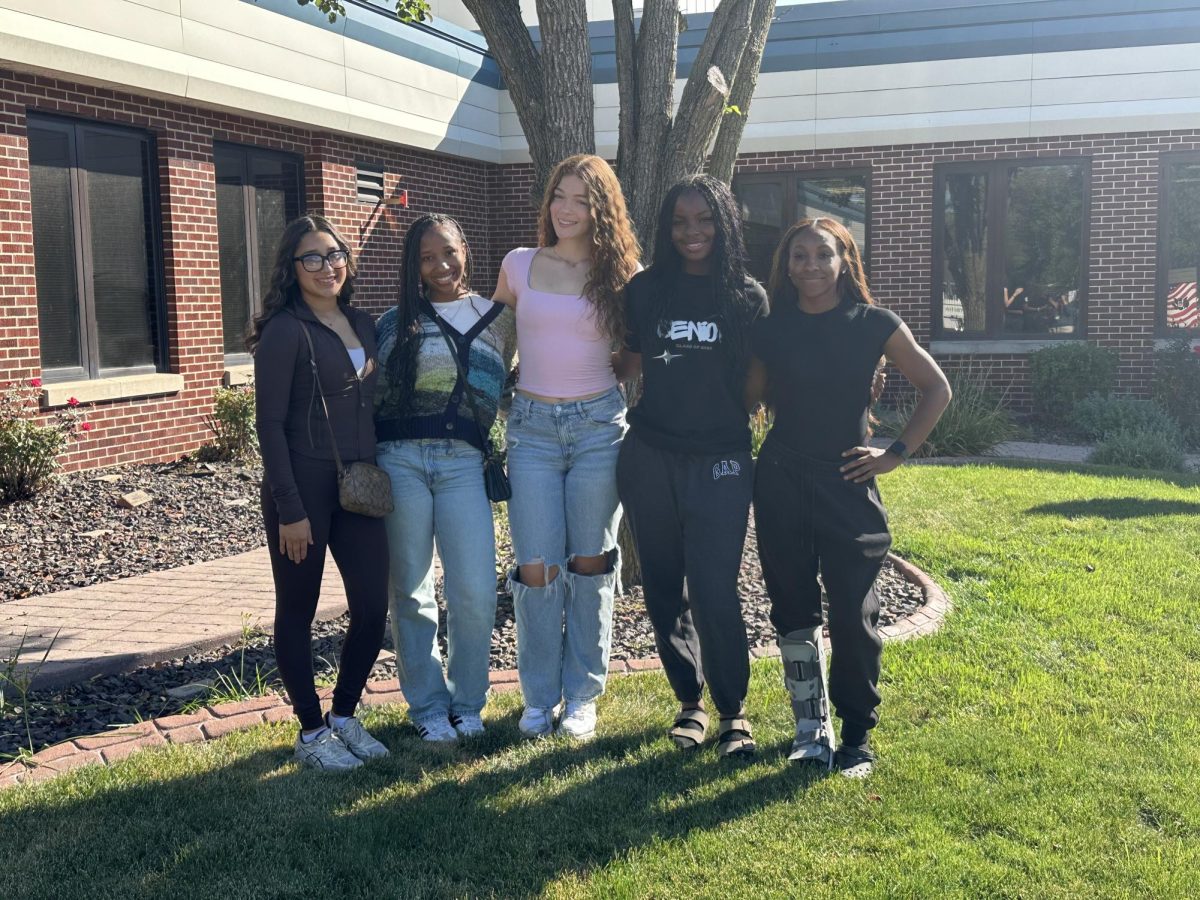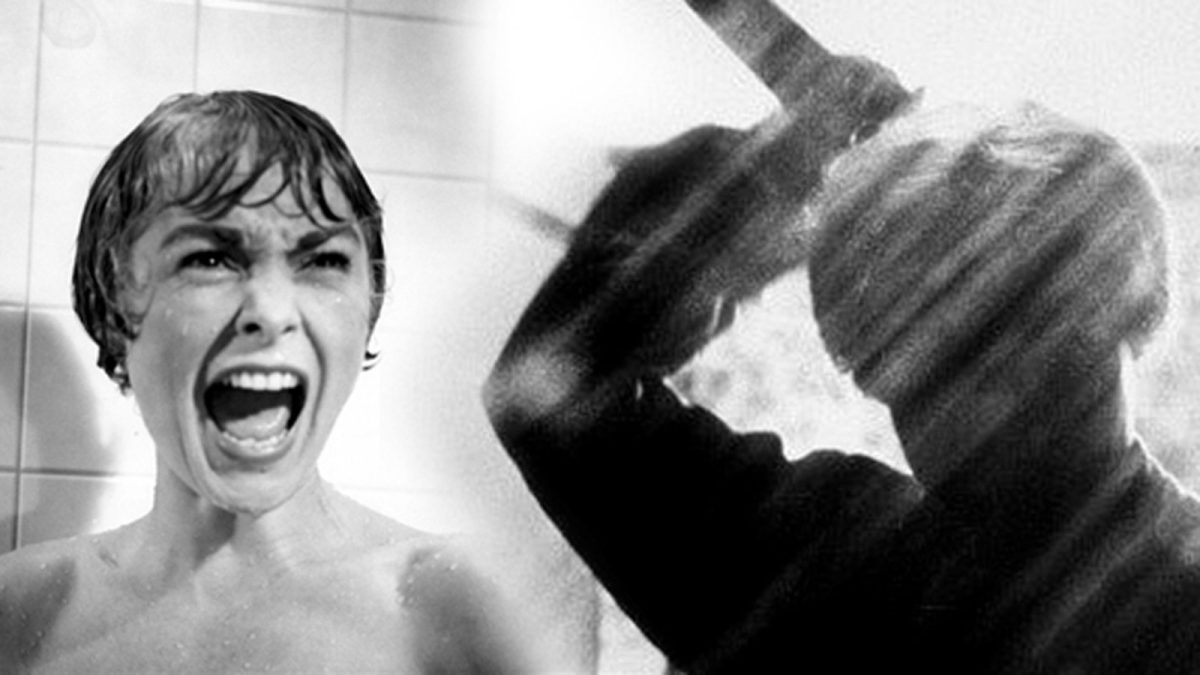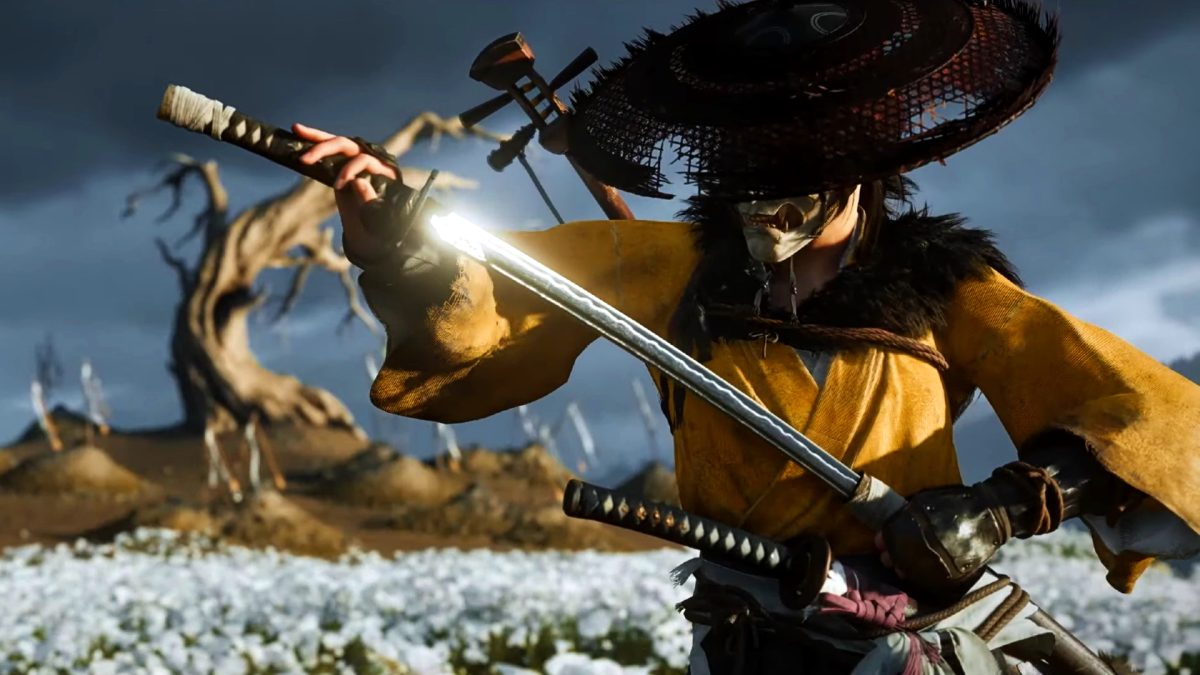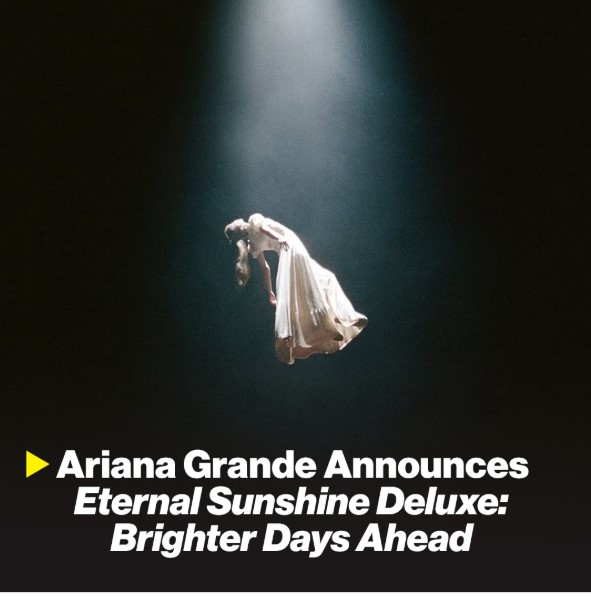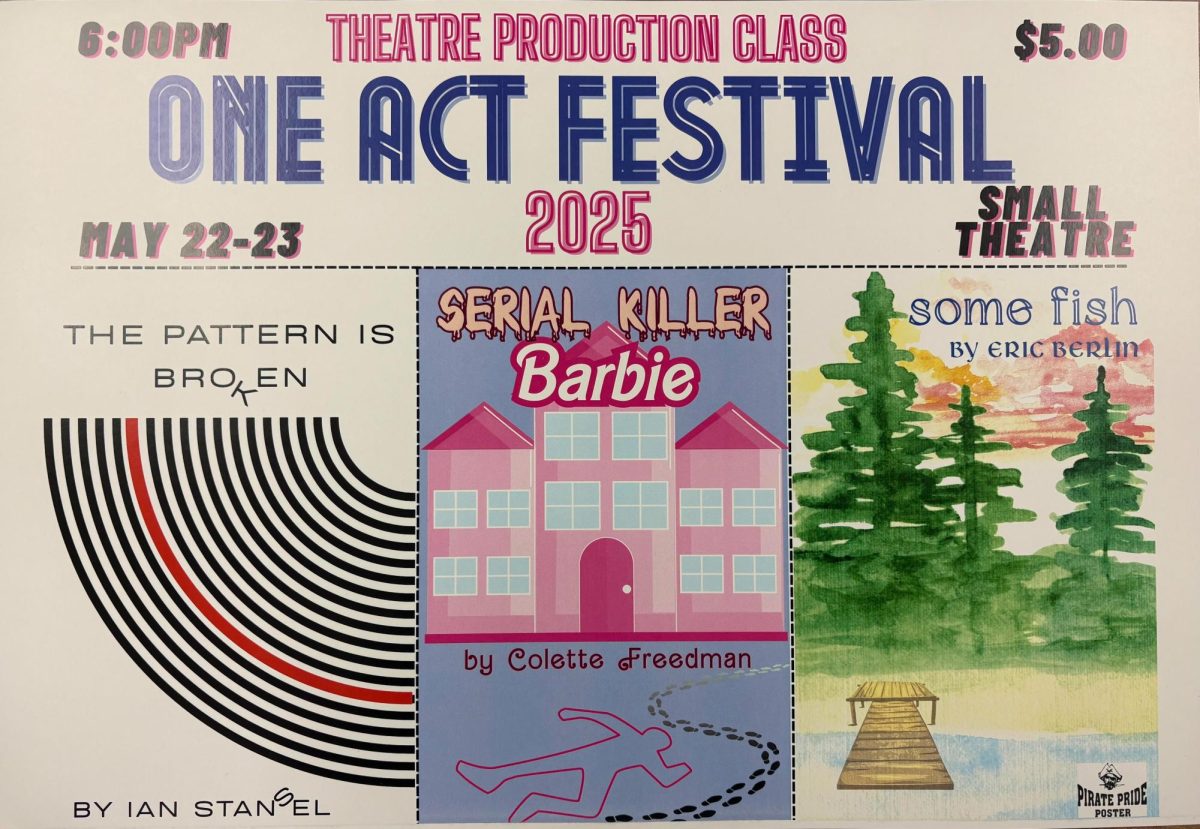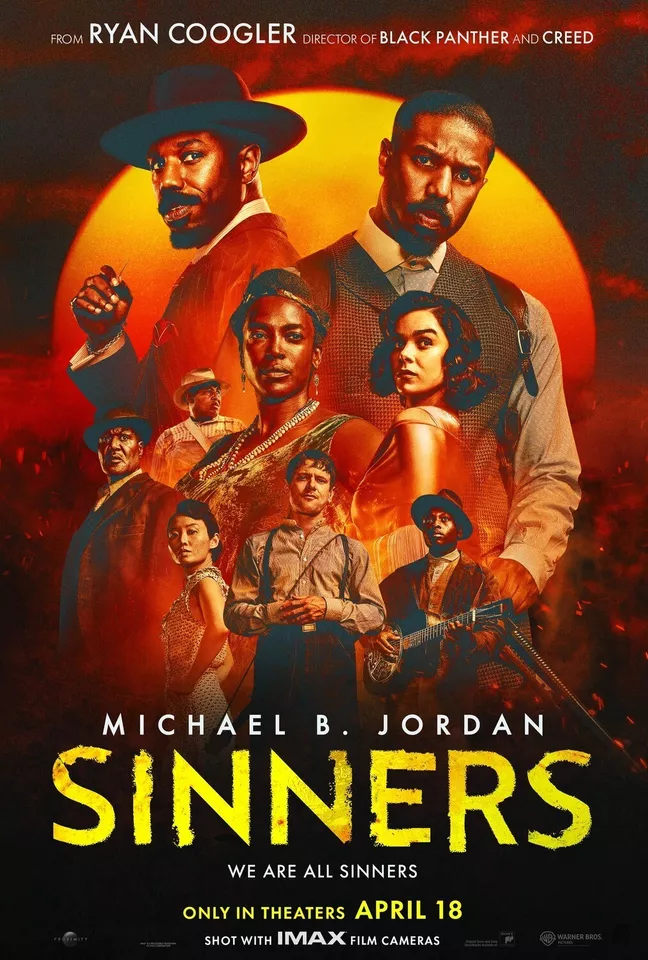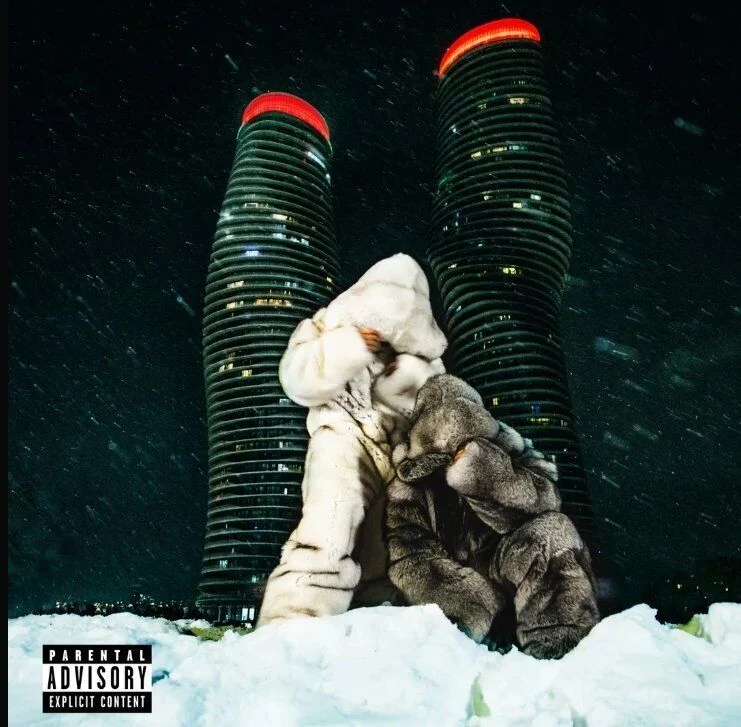Horror movies have been keeping audiences awake at night for generations, but the way they scare us has changed dramatically over time. From the black and white tension of Psycho (1960) to the psychological dread of Hereditary (2019), horror has evolved from simple shock value to complex emotional terror. But which is better, the old classics or today’s modern?
When Alfred Hitchcock’s Psycho premiered in 1960, audiences had never seen anything like it. A shower scene with quick cuts, piercing music, and almost no blood made people scream and proved that leaving things up to the imagination can be more terrifying than actually showing.
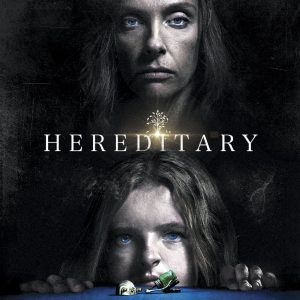 In 1973, only 13 years later, The Exorcist brought supernatural horror to mainstream cinema. The film’s realistic tone and religious themes made it feel disturbingly real, and is still considered one of the scariest movies ever made. Then came Halloween in the same decade, which practically invented the slasher genre. WIth its slow pacing, eerie music, and the unstoppable Michael Myers, Halloween showed that suspense can be just as frightening as violence.
In 1973, only 13 years later, The Exorcist brought supernatural horror to mainstream cinema. The film’s realistic tone and religious themes made it feel disturbingly real, and is still considered one of the scariest movies ever made. Then came Halloween in the same decade, which practically invented the slasher genre. WIth its slow pacing, eerie music, and the unstoppable Michael Myers, Halloween showed that suspense can be just as frightening as violence.
Classic horror relied on atmosphere, music and mystery. What you don’t see is often what haunts you most.
Fast forward to the 2010s, and horror has taken a new shape. Hereditary explores grief, trauma, and family curses with morbid realism. Get Out mixes social commentary with psychological horror, turning everyday racism into the real monster. The Babadook dives into depression and motherhood, using the supernatural as a metaphor for mental illness.
Modern horror tends to be more psychological and emotional. No longer the cheap thrill of a jump scare, modern horror has found a new, more effective host. It reveals a deeper meaning, a real world fear and that is the horror that lingers, because what is more terrifying than knowing that the world outside is the real horror?
It’s hard to pick a winner. The classics gave us the foundations with the music, the camera angles, the suspense. Modern horror built on that, using those same techniques to explore the human mind and society’s anxieties.
If old horror made us afraid to turn off the lights, new horror makes us afraid to look inward.
Maybe the best answer is this, horror, old or new, isn’t just about screams, it’s about what those screams say about us.

